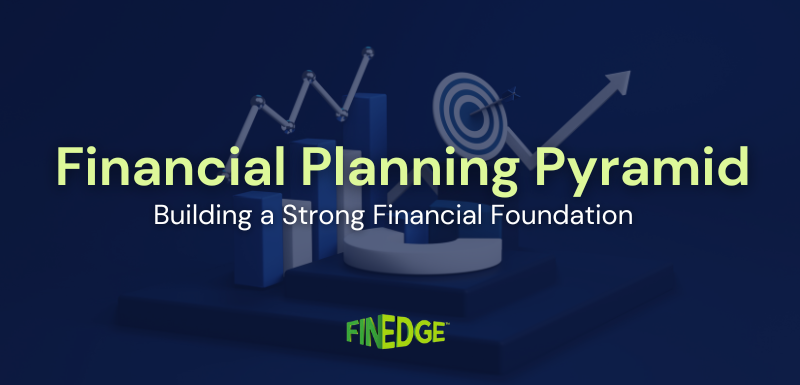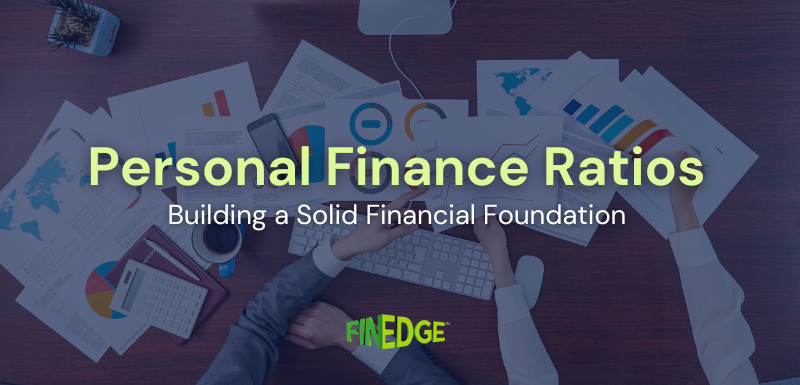How to Choose a Great Financial Advisor

Everyone’s a Financial Advisor these days: your Insurance Agent, your Chartered Accountant, your Bank Manager, your Real Estate Agent, and if the markets turn bullish ahead of the general elections, it’s likely that your local ‘paanwalla’ will become a self-style Financial Advisor too!
Your Financial Advisor is going to play an important role in your life. There are hundreds of financial instruments present in the market, and a trusted Financial Advisor whose words you can take at face value is a blessing indeed. Here are some basic characteristics you can look for in a Financial Advisor, to discern the great from the good – or the average ones.
Multifaceted
The best Financial Advisors are those who are not fixated on a particular product. Case in point - over the years, countless unsuspecting investors have borne the brunt of insurance agents masquerading are Investment Advisors or Financial Planners; they often wind up creating more problems than they solve. So-called Financial Advisors who only recommend one category of products are incapable of offering a conflict-free, comprehensive financial solution. Their advice will invariably be coloured by what is housed on their own shelves. In other words, your Financial Advisor should have the wherewithal to make unbiased recommendations in Mutual Funds, Term Life Insurance and General Insurance Products.
Financial Planning Driven Process
Investments can be made in an ad-hoc manner, or as part of a well-structured Financial Plan. The former approach is essentially a “sales” process more than anything else! On the other hand, the latter approach is time-consuming, requires more hard work and will yield better long-term results. The hallmarks of a Financial Planning led approach are: a structured process for analyzing your risk profile, an asset allocation-based approach to investing with a disciplined rebalancing strategy, a focus on your unique financial goals and objectives, and a deep consideration of your existing investments, assets and liabilities. Make sure your Financial Advisor bases his or her recommendations on the back of a Financial Planning process, and not an ad-hoc mechanism.
Experienced
Experienced Financial Advisors (or seasoned Financial Advisory Firms) possess maturity – and hence are a lot more likely to be able to separate the wheat from the chaff, the market noise from the genuine entry or exit signals, and the inescapable emotional decisions from rational ones. Experienced Financial Advisors are also more likely to value their client bases, treasuring them as their most important assets. As a thumb rule, make sure that the Financial Advisor you choose has witnessed – and survived – through at least one complete five-year market cycle! Avoid investing through new age Robo Advisory firms that have untested working models.
Referred
As clichéd as it might sound, there’s no substitute for a referral given by another who has experienced the services of a Financial Advisor. If you receive the reference of a Financial Adviser who has been a trusted confidante to a friend, family member or colleague for at least five to seven years, consider the proposition.
Your Investing Experts
Relevant Articles
Understanding the Financial Planning Pyramid: Building Your Finances the Right Way
Most people juggle several financial goals at once, an emergency fund, retirement planning, a child’s education, or even short-term lifestyle goals like travel. Without a proper framework, it becomes difficult to decide what to tackle first. The Financial Planning Pyramid offers a simple and effective way to bring structure to your financial life. It ensures that essential protections are in place before you start saving and investing for long-term wealth.
Personal Finance Ratios You Should Understand Before You Start Investing
Successful investing begins long before you pick funds or set return expectations. It starts with understanding your financial foundation, how much you earn, how much you spend, and how much is left to invest consistently. These simple but powerful personal finance ratios offer a clear view of your financial health and help you make informed, goal-aligned decisions.
How to Categorise Financial Goals: Short, Medium, and Long-Term Goals Explained
Before we get into strategies and structures, it’s important to understand the value of categorising financial goals. Every individual has a unique set of aspirations, but not all goals carry the same urgency or impact. By breaking them down clearly, you can build a systematic, purpose-driven investment plan tailored to your life.
.png)


.jpg)